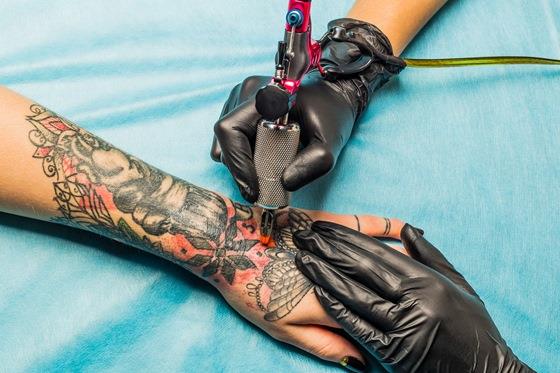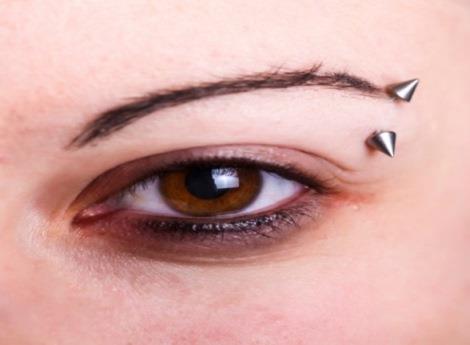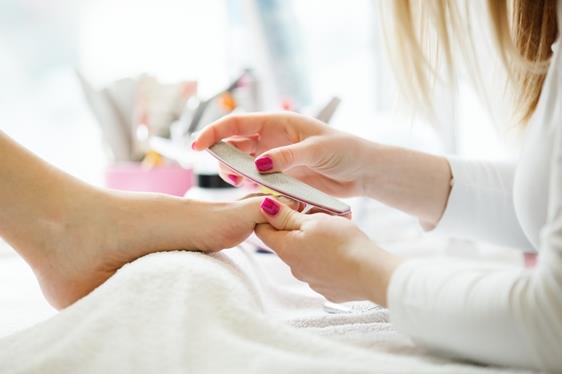Unlicensed Ozone Saunas – On November 2, 2022, Health Canada issued a public advisory that ozone saunas may pose serious health risks to users and to anyone in close proximity. In Canada, ozone saunas require a medical device licence from Health Canada to be imported and sold. To date, Health Canada has not licensed any ozone saunas for sale in Canada.
For more information, see the Health Canada Advisory.
Needle-free Dermal Filler Devices – On September 13, 2019, Health Canada released an advisory informing Canadians of the risks of needle-free dermal filler devices, and cautioning against the use of these unauthorized products at spas and by estheticians. To date, Health Canada has not licensed any needle-free dermal filler devices in Canada due to the manufacturers of these devices not providing safety, quality and supporting clinical effectiveness data for Health Canada's review and consideration. Labels and instructions have also not been reviewed. As such, Health Canada considers the risk of these unlicensed medical devices to be unacceptable.
For more information, see the Health Canada Advisory.
Gentian Violet Products – On June 12, 2019, Health Canada released a warning outlining the risk of products that contain gentian violet. Gentian violet is often used to mark the location of piercings in body piercing facilities and for stencils in tattoo facilities. Facilities using piercing guns for ears generally do not use this product. Personal service facilities are advised by Health Canada to stop using all products that contain gentian violet. Facilities should consult the Health Canada warning for information on how to dispose of products.
The public are advised to speak to health-care professionals if they have any concerns and report any issues to Health Canada.
For more information, see the Health Canada Warning.
Plasma Pens (also known as fibroblast devices) – In November 2018, Health Canada released a safety advisory outlining the risks of plasma pens. Plasma pens are small medical devices that heat a targeted area on the skin for cosmetic purposes. Risks of the device include pain, swelling, sagging of skin, ultraviolet (UV) sensitivity, hyperpigmentation (dark spots on skin) and burns. Health Canada is focused on sale and distribution of these devices, and the Saskatchewan Health Authority monitors the use of these devices and safety of personal services facilities in Saskatchewan.
The public is advised to avoid the use of plasma pens in spas, clinics, or home environments, as they may pose health risks. Personal service facility operators are advised to discontinue use of these instruments, as they pose a risk to client safety and health.
For more information, see the Government of Canada Issue Alert: Plasma pens are not authorized in Canada and may pose health risks.



